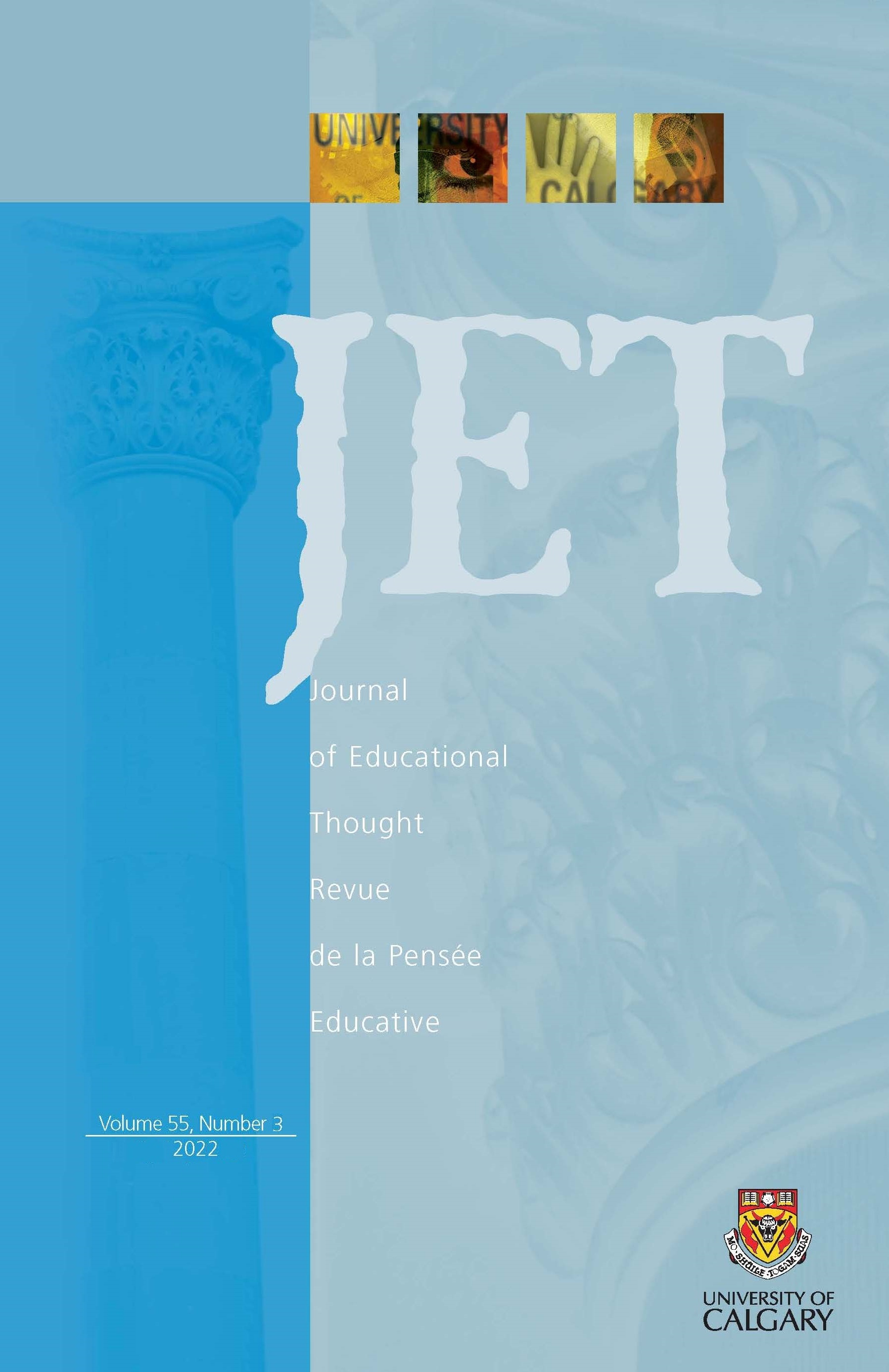An Exploration of the Impact of Epistemological Stances on Reading
DOI:
https://doi.org/10.55016/ojs/jet.v55i3.76974Abstract
Abstract: This paper explores how reading is affected by the
epistemological stance we take. It begins with a historical survey of how reading has been conceptualized. The survey shows that reading has been regarded as discrete linguistic decoding skills, an innate human capacity, a transaction between the reader and the text, a product of sociocultural practices, and being digitally literate. However, little research has been conducted on how the epistemological stance we take affects the reading or interpretation of a text. Therefore, three epistemological stances, i.e., objectivism, subjectivism, and constructionism, are discussed to illustrate how they affect the reading of a text. In addition, a fourth epistemological stance, intersubjectivism, is put forth to demonstrate how it complements objectivism, subjectivism, and constructionism in helping us better understand the reading process. Finally, the implications for reading instruction are presented.
Downloads
Published
Issue
Section
License
The Journal of Educational Thought retains first publication rights for all articles. The Journal grants reproduction rights for noncommercial educational purposes with the provision that full acknowledgement of the work’s source be noted on each copy. The Journal will redirect to the appropriate authors any inquiries for further commercial publication of individual articles. All authors wishing to publish in JET will be asked to fill in and sign a Consent to Publish and Transfer of Copyright agreement.
Authors must affirm that any submission to JET has not been and will not be published or submitted elsewhere while under considration by JET.

